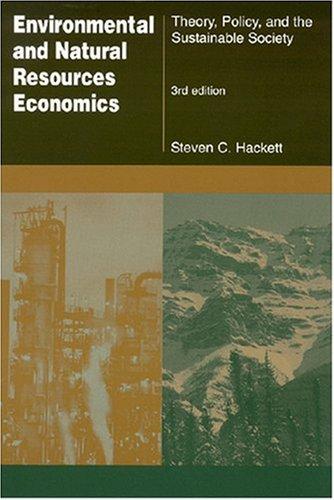4. In his book Moral Sentiments, Adam Smith (1759; p. 25) says: And hence it is, that...
Question:
4. In his book Moral Sentiments, Adam Smith (1759; p. 25) says: “And hence it is, that to feel much for others and little for ourselves, that to restrain our selfish, and to indulge our benevolent affections, constitutes the perfection of human nature.” Compare that statement to this famous quote from Smith’s Wealth of Nations: “by directing that industry in such a manner as its produce may be of the greatest value, he intends only his own gain, and he is in this, as in many other cases, led by an invisible hand to promote an end which was no part of his intention. . . . By pursuing his own interest he frequently promotes that of the society more effectually than when he really intends to promote it. I have never known much good done by those who affected to trade for the public good.” Can you reconcile these two statements from Smith? For example, is Smith suggesting that the morality of self-interest depends on the context, or that the ends (the public good) justify the means? As a take-home assignment you can read both books on-line at the Internet link below.
Step by Step Answer:

Environmental And Natural Resources Economics Theory Policy And The Sustainable Society
ISBN: 9780765614728
3rd Edition
Authors: Margaret Ray ,David A. Anderson






